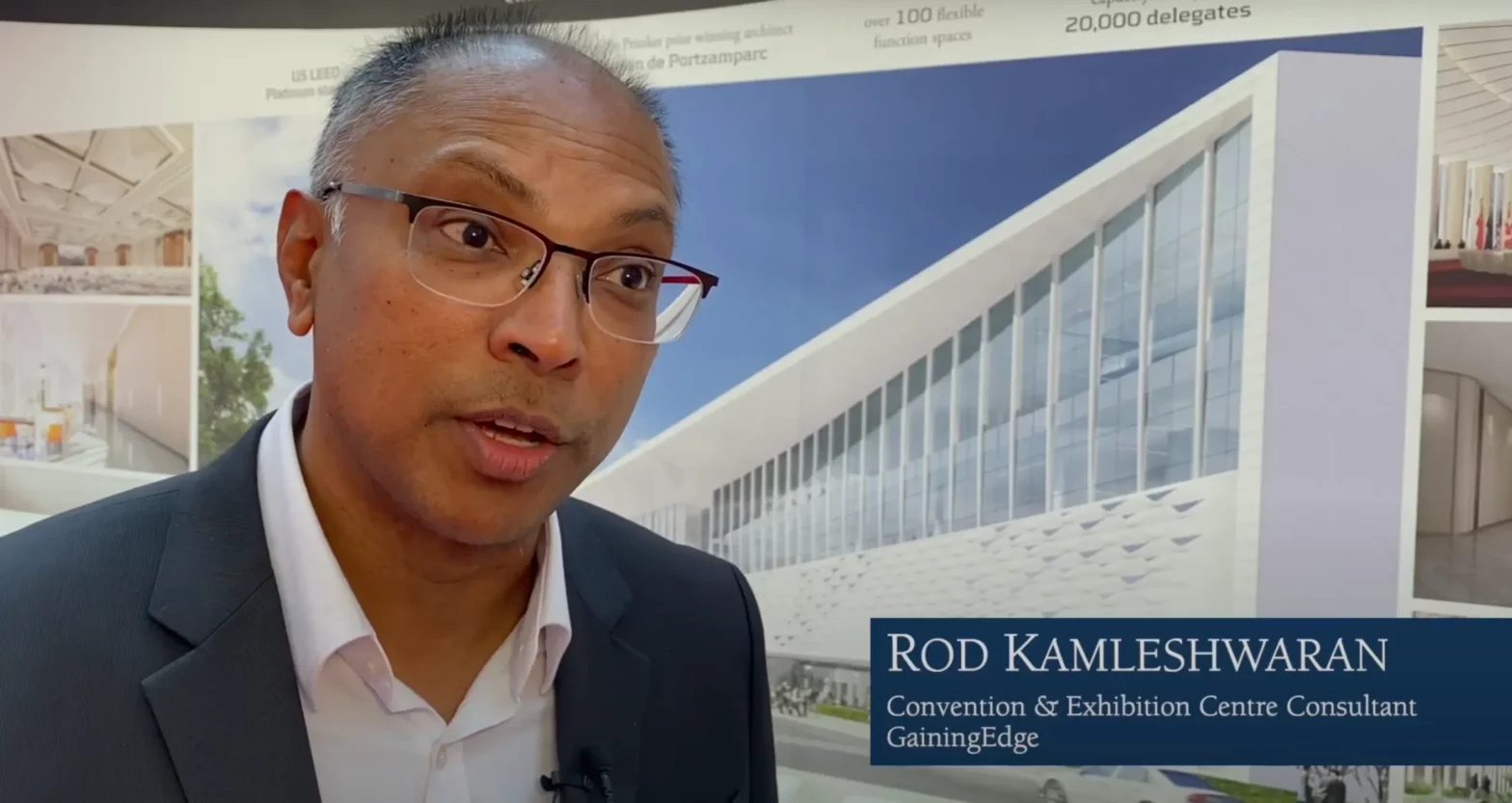Located in the Beijing Olympic Green Area, the China National Convention Center, Phase 2 (CNCC-II) – one of the key projects in Beijing’s strategic development plan – is on track to open in 2025.
Designed by French architect Christian de Portzamparc, the venue previously served as the main media centre for the Beijing 2022 Winter Olympics, and is undergoing transformation into a flexible events venue. CNCC-II features 420,000m2 of floor space and 270,000m2 of meeting and event space, comprising a 7,300m2 divisible plenary hall and 30,000m2 of exhibition floor space. The second floor has over 35,000m2 of function space with 70 meeting rooms in sizes from 100 to 2,000m2. On the top floor (level three), there is over 35,000m2 of function space comprising three banquet halls and two gardens. There are also over 30 VIP lounges spread across the three floors.
CNCC-II is expected to host conferences, forums, banquets, and other commercial events for up to 20,000 maximum, as well as exhibition events for more than 50,000 attendees. When ready, CNCC-II will have smart venue systems from LED walls to robots that serve meals and undertake cleaning. The centre is also built in accordance with the LEED Platinum and China’s Green Building Evaluation Standard or GBES 3-star, developed by China’s Ministry of Housing and Urban-Rural Development. The venue is part of a complex that includes two hotels, commercial offices and retail.
“Beijing, as the capital of China, attracts many high-profile events with global influence. The convention centre’s target market includes high-profile intergovernmental meetings, international association meetings, Fortune 500 company meetings, banquets, niche exhibitions and special events,” said Rod Kamleshwaran, pre-opening international consultant of CNCC-II and partner at GainingEdge. “CNCC-II will rejuvenate Beijing conventions and exhibitions infrastructure boosting the city’s competitiveness. In addition, Chinese thought leaders – the majority of them based in Beijing – bring business and help brand Beijing as a knowledge-based society.”
